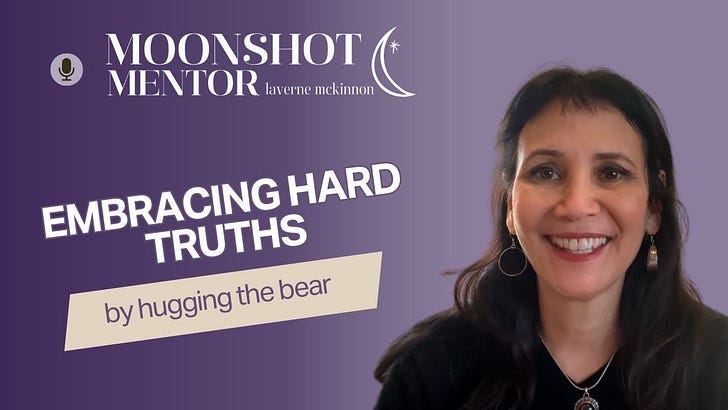Dad was a heavy machine operator, primarily working on building structures throughout Chicago. He was a union man through and through. One of the happiest days of my life was when I was in my early twenties and I was driving on the I-55. I was exiting Lemont Road and I saw my dad in a Caterpillar dragline excavator. I’d never seen my dad at work before.…
Listen to this episode with a 7-day free trial
Subscribe to Moonshot Mentor with Laverne McKinnon to listen to this post and get 7 days of free access to the full post archives.












